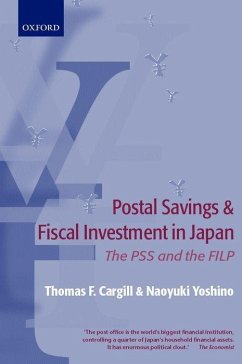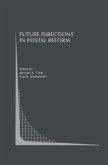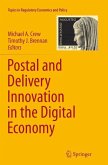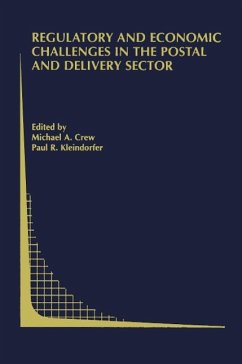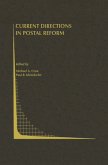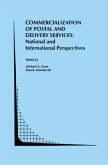The book provides an institutional, flow of funds, theoretical, and statistical overview of the PSS and FILP. The book evaluates the contributions these institutions have made to Japan's economic growth and the problems these institutions create as Japan attempts to modernize its financial and economic system. The book provides a positive analysis of the role played by the PSS and the FILP in Japan's impressive growth from 1950 to the late 1980s and the economic and financial distress of the 1990s. The book evaluates the reforms started in 1998 and provides a normative view of what direction reform of the PSS and FILP needs to take if the goals of the 1996 Big Bang announcement are to be realized. Despite the setbacks in the late 1990s and the first years of the new century, the 1996 Big Bang remains the operating framework for financial reform in Japan.
The book provides an overview of the Postal Savings System and the Fiscal Investment and Loan Program. These institutions are a major feature of Japanese finance, not extensively discussed outside of Japan. Together, they represent a wide-ranging system of government financial intermediation that is increasingly incompatible with Japan's early efforts to develop a modern financial system and help reverse the economic and financial decline that started in the early 1990s. The book is a mixture of policy, institutional, and quantitative analysis.
Hinweis: Dieser Artikel kann nur an eine deutsche Lieferadresse ausgeliefert werden.
The book provides an overview of the Postal Savings System and the Fiscal Investment and Loan Program. These institutions are a major feature of Japanese finance, not extensively discussed outside of Japan. Together, they represent a wide-ranging system of government financial intermediation that is increasingly incompatible with Japan's early efforts to develop a modern financial system and help reverse the economic and financial decline that started in the early 1990s. The book is a mixture of policy, institutional, and quantitative analysis.
Hinweis: Dieser Artikel kann nur an eine deutsche Lieferadresse ausgeliefert werden.

